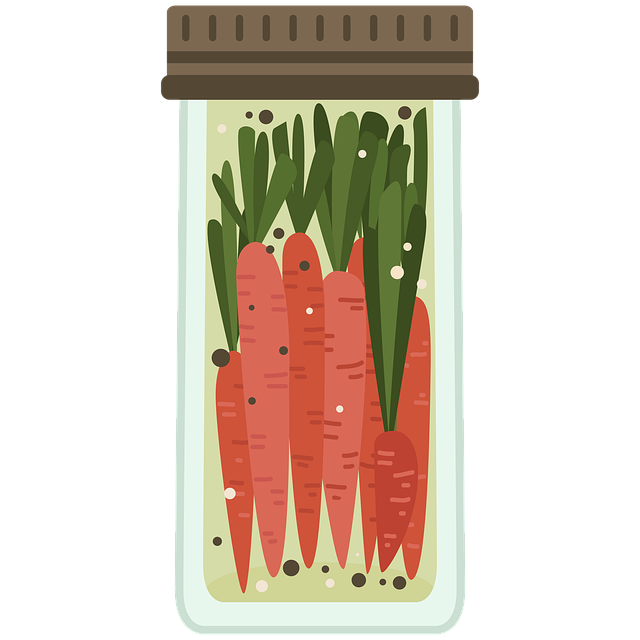Black mold, caused by Aspergillus, requires natural, eco-friendly solutions like tea tree oil, which has antimicrobial and antifungal properties. Derived from Australian melaleuca leaves, this essential oil offers a gentle yet potent alternative to harsh chemicals for black mold removal. Effective against various fungi, it's ideal for homes seeking safer cleaning methods, especially in moist areas. Although its effectiveness against specific black mold (Stachybotrys chartarum) is debated, tea tree oil can complement other remedies for an eco-friendly mold cleaning routine. By integrating this natural compound into cleaning products like vinegar mixtures, users can achieve a fresh, healthy home while minimizing environmental impact.
“Uncover the power of nature’s remedy for black mold with our comprehensive guide. We explore the effectiveness of tea tree oil as a natural alternative for eliminating this harmful fungus, known for its adverse health impacts. From understanding the hidden dangers of black mold to discovering how tea tree oil can disrupt its growth, this article offers a holistic approach to eco-friendly mold cleaning. Learn how to create a safe, non-toxic routine that promotes a healthier living environment.”
- Understanding Black Mold and Its Impact
- The Benefits of Tea Tree Oil as a Natural Alternative
- How Effective is Tea Tree Oil Against Mold?
- Creating an Eco-Friendly Mold Cleaning Routine with Tea Tree Oil
Understanding Black Mold and Its Impact

Black mold, scientifically known as Aspergillus, is a type of fungus that can thrive in damp and dark environments, often found in homes and buildings. While some species are harmless, certain strains produce toxic compounds that can pose severe health risks to humans, especially those with pre-existing respiratory conditions or compromised immune systems. This is where the need for effective yet safe mold removal becomes crucial, prompting many to seek eco-friendly alternatives like tea tree oil.
As an all-natural compound derived from the leaves of the Australian tea tree, melaleuca, tea tree oil is renowned for its antimicrobial and antifungal properties. Its effectiveness against black mold has been a topic of interest, leading to its popularity as an alternative mold cleaner. Unlike harsh chemical cleaners, eco-friendly options like tea tree oil offer a gentle yet powerful solution, ensuring that the removal process doesn’t introduce new toxins into the environment.
The Benefits of Tea Tree Oil as a Natural Alternative

Tea tree oil, derived from the leaves of the Australian tea tree (Melaleuca alternifolia), is renowned for its potent antimicrobial and antifungal properties. As an eco-friendly mold cleaner, it offers a natural alternative to harsh chemical cleaners, making it an appealing option for those seeking safer, more sustainable solutions for their homes. Not only does tea tree oil effectively combat black mold, but it also provides several additional benefits.
Its ability to inhibit the growth of various fungi and bacteria makes it a versatile cleaning agent. This property is particularly advantageous in areas prone to moisture buildup, such as bathrooms and basements, where mold often flourishes. Moreover, tea tree oil’s pleasant aroma can help freshen the air, providing an alternative to strong chemical scents. Its non-toxic nature ensures safety for use around children and pets, making it a family-friendly option for mold removal.
How Effective is Tea Tree Oil Against Mold?

Tea tree oil, derived from the leaves of the Melaleuca alternifolia plant, has gained popularity as a natural alternative for various cleaning purposes, including mold removal. Its anti-microbial properties make it an attractive option for those seeking an eco-friendly mold cleaner. Numerous studies have shown that tea tree oil exhibits potent antifungal and antimicrobial activities against a wide range of fungi, including mold species commonly found in homes.
While tea tree oil has shown promise as a natural mold fighter, its effectiveness against black mold (Stachybotrys chartarum) remains a subject of debate. Some sources claim it can kill and prevent the growth of this particular type of mold, but others suggest that more research is needed to confirm these assertions. As with any DIY mold cleaning solution, it’s important to approach tea tree oil as a complementary tool rather than a standalone remedy, especially in severe cases. Combining tea tree oil with other natural ingredients or professional mold removal services might be the best approach for achieving a clean and safe environment.
Creating an Eco-Friendly Mold Cleaning Routine with Tea Tree Oil

Creating an Eco-Friendly Mold Cleaning Routine with Tea Tree Oil
In today’s digital era, many consumers are seeking natural and eco-friendly solutions for everyday tasks, including mold removal. Tea tree oil emerges as a powerful ally in this quest, offering both antimicrobial and antifungal properties that make it an effective yet gentle option for tackling black mold. By integrating tea tree oil into your mold cleaning routine, you can achieve a fresh and healthy environment without resorting to harsh chemicals.
This versatile essential oil can be easily incorporated into various cleaning products. For instance, adding a few drops of tea tree oil to a mixture of water and vinegar creates an eco-friendly mold cleaner that is both effective and safe for surfaces. Regular use of this natural remedy not only helps eliminate existing mold but also acts as a preventive measure by discouraging future growth. Embracing tea tree oil as your go-to mold fighter contributes to a greener lifestyle, ensuring a clean home without compromising the planet’s well-being.
